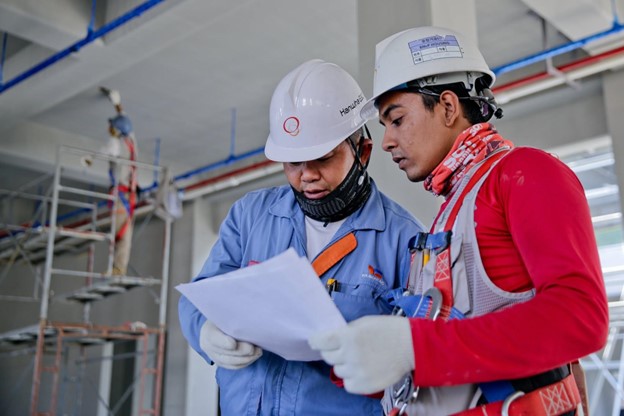A key focus of my blog is Health/Wellness. Stress is a major health challenge for everyone today. As such, it’s critical that we all learn how to manage it today. The following contributed post is entitled, 7 Simple Ways to Live a Stress-Free Life.
* * *
In the whirlwind of daily responsibilities and commitments, stress can often seem like an unavoidable part of life. However, adopting certain habits and lifestyle changes can significantly reduce stress levels and enhance overall well-being. Here are seven simple ways to cultivate a more relaxed and stress-free life, including the use of natural remedies.
1. Prioritize Time Management
Effective time management is a critical step toward a stress-free life. By organizing your schedule and setting realistic goals, you can avoid the pressure of last-minute rushes and the anxiety of unmet deadlines. Use tools like calendars, planners, or digital apps to keep track of your tasks and commitments. Prioritize your tasks based on importance and urgency, and don’t be afraid to delegate when necessary.
2. Engage in Regular Physical Activity
Exercise is a powerful stress reliever. It not only improves your physical health but also increases the production of endorphins, your brain’s feel-good neurotransmitters. You don’t need to engage in intense workouts to reap these benefits; even regular walks, yoga sessions, or light jogging can significantly improve your mood and reduce stress.

3. Maintain a Balanced Diet
What you eat has a profound impact on your stress levels. Consuming a balanced diet rich in fruits, vegetables, lean proteins, and whole grains provides the necessary nutrients to fuel your body and mind. Avoid excessive caffeine and sugar, which can increase anxiety and contribute to mood swings.
4. Get Adequate Sleep
A good night’s sleep is crucial in managing stress. Sleep helps your brain and body to recover from the day’s stresses. Aim for 7-9 hours of uninterrupted sleep per night. Establish a calming bedtime routine, and try to go to bed and wake up at the same time every day to regulate your sleep cycle.
5. Practice Mindfulness and Meditation
Mindfulness and meditation are effective techniques for reducing stress. These practices involve focusing on your breath and being present in the moment, which can help you gain a calmer and more focused mind. Dedicate a few minutes each day to these practices, and you may find significant reductions in stress and anxiety.
6. Foster Strong Social Connections
Social support is vital in managing stress. Spend time with family and friends who uplift and encourage you. Sharing your thoughts and concerns with others can help you feel less overwhelmed and more understood. Additionally, being there for others can also provide a sense of purpose and fulfillment, further reducing stress.
7. Explore Natural Remedies
Natural remedies can be a gentle way to reduce stress without the side effects of conventional medicine. Herbal teas, such as chamomile, lavender, and green tea, are known for their calming properties. Essential oils like lavender, bergamot, and frankincense can be used in aromatherapy to help soothe the mind and body. Furthermore, supplements such as magnesium, omega-3 fatty acids, and even Delta 8 THC vape carts have been shown to help alleviate symptoms of stress. However, it’s important to consult with a healthcare provider before starting any new supplements.
Conclusion
Living a stress-free life is more about managing how you respond to stress than eliminating it entirely. By incorporating these seven simple strategies into your daily routine, you can improve your ability to cope with life’s challenges and maintain a calmer, more fulfilling life. Remember, the key to managing stress is consistency and a willingness to take proactive steps towards your mental health.













